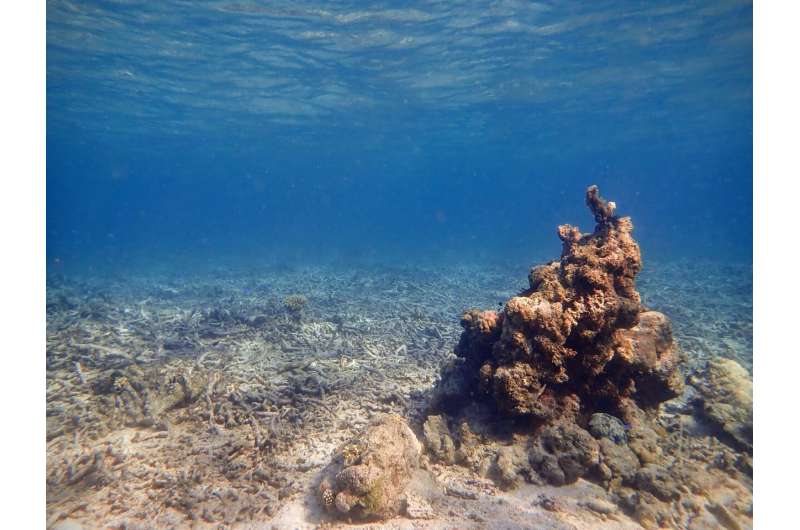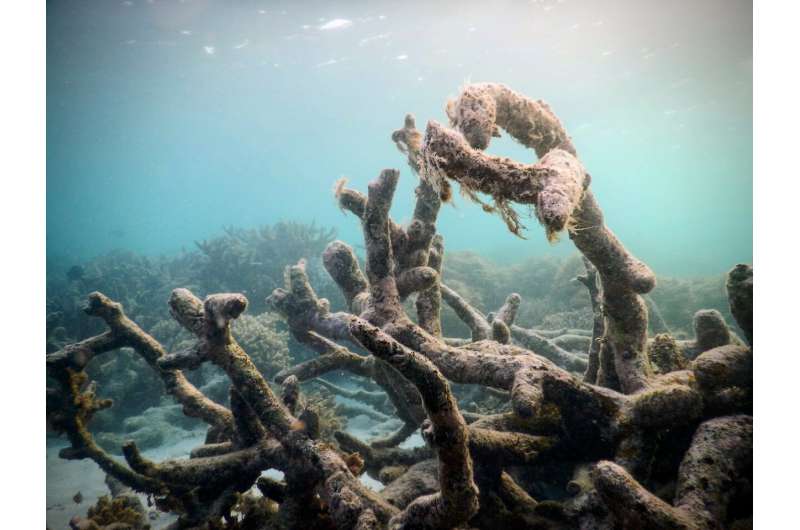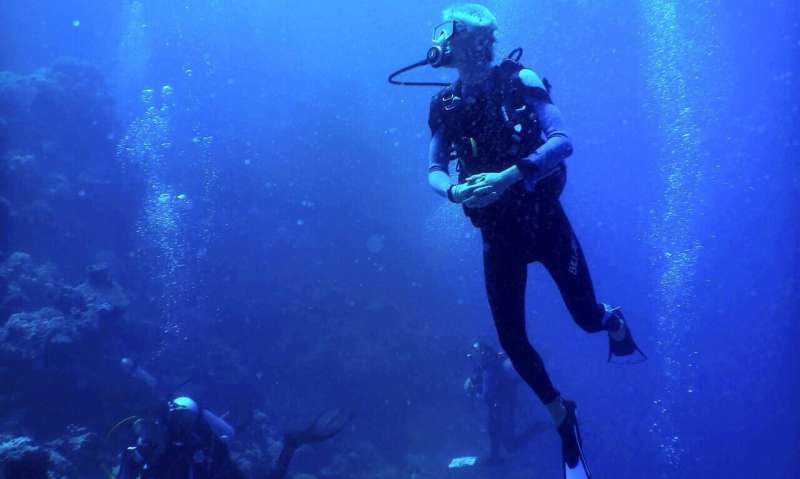Scientists 'must be allowed to cry' about destruction of nature

Scientists witnessing the destruction of the natural world must be supported and "allowed to cry", researchers say.
In a letter published in the journal Science, three leading researchers say it is "dangerously misguided" to assume scientists are dispassionate observers.
They say many scientists experience "strong grief responses" to the current ecological crisis, and there are profound risks to ignoring this emotional trauma.
Tim Gordon, lead author of the letter and a marine biologist from the University of Exeter, said "We're documenting the destruction of the world's most beautiful and valuable ecosystems, and it's impossible to remain emotionally detached.
"When you spend your life studying places like the Great Barrier Reef or the Arctic ice caps, and then watch them bleach into rubble fields or melt into the sea, it hits you really hard."
Co-writer Professor Andy Radford, of the University of Bristol, added: "The emotional burden of this kind of research should not be underestimated.
"Grief, when unaddressed, can cloud judgment, inhibit creativity and engender a sense that there is no way forward."
The letter calls on academic institutions to support environmental scientists, allowing them to address their ecological grief professionally and emerge stronger from traumatic experiences to discover new insights about the natural world.

The authors fear that environmental scientists tend to respond to degradation of the natural world by ignoring, suppressing or denying the resulting painful emotions while at work.
But they propose that much can be learned from professions where distressing events are common, such as healthcare, emergency services and the military.
In these fields, well-defined strategies exist for employees to anticipate and manage their emotional distress, including training, debriefing, support and counselling after disturbing events.
Dr. Steve Simpson of the University of Exeter, also a co-writer of the letter, said: "Instead of ignoring or suppressing our grief, environmental scientists should be acknowledging, accepting and working through it.
"In doing so, we can use grief to strengthen our resolve and find ways to understand and protect ecosystems that still have a chance of survival in our rapidly changing world."

The letter ends by suggesting that better psychological support for environmental scientists might improve their ability to think creatively about the future.
Gordon said: "If we're serious about finding any sort of future for our natural ecosystems, we need to avoid getting trapped in cycles of grief.
"We need to allow ourselves to cry—and then see beyond our tears."
More information: Science (2019). DOI: 10.1126/science.aaz2422
Journal information: Science
Provided by University of Exeter




















